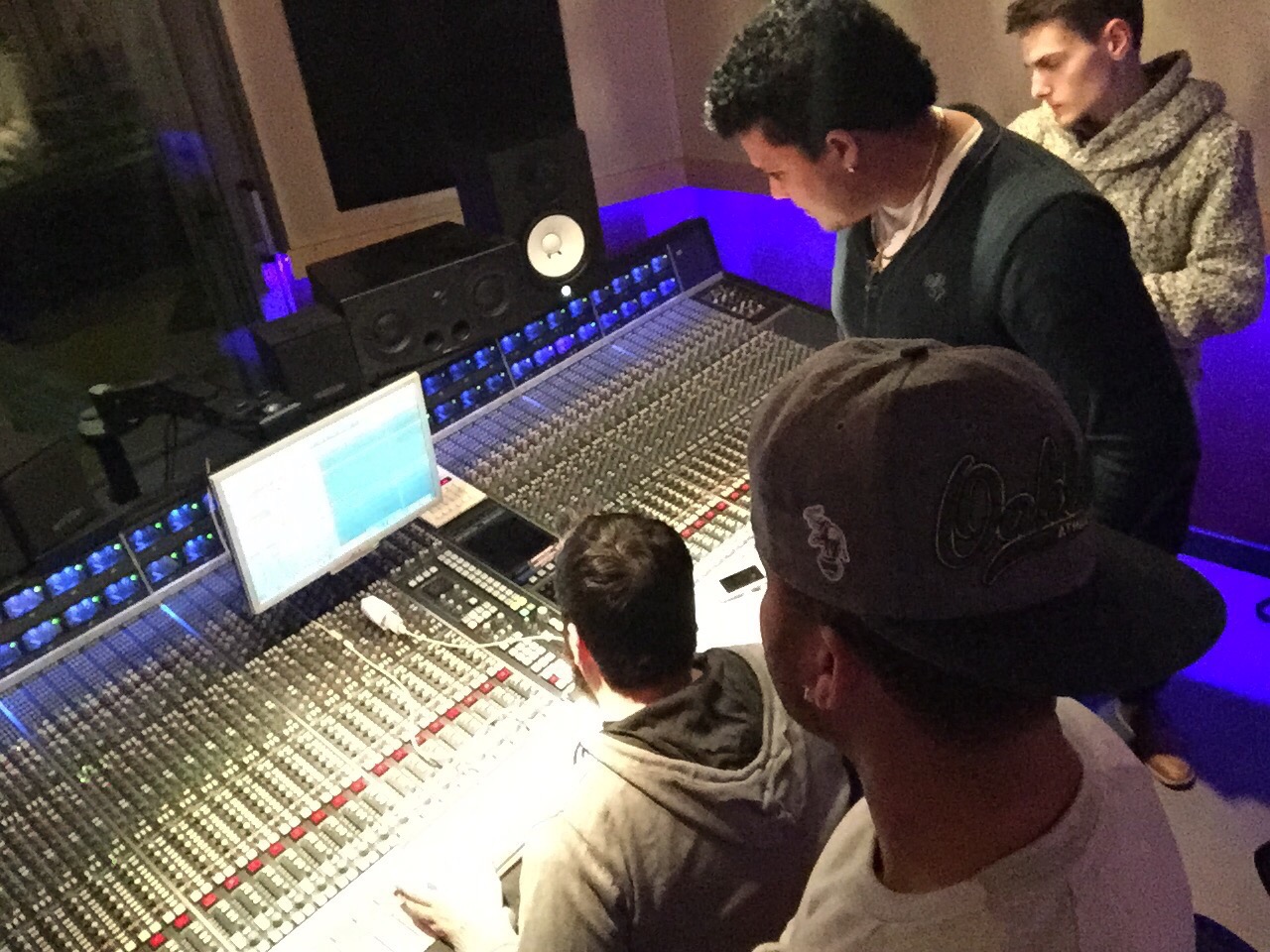Beginner sound engineers main questions
- Audio Mixing Mastering

- Nov 5, 2020
- 3 min read
Updated: Feb 11, 2023

Question- How do i master my vocals ?
Answer- you don't (unless they are stems). Mixing and mastering are 2 separate processes.
Question- Is the Behringer C-3 a good microphone ?
Answer- No it is not a good microphone. If it is all you have, then by all means use it and use it creatively. Remember, inspiration comes from places other than microphone type. So use whatever you have.
Question- What is the best affordable interface for the money ?
Answer- This is debatable but in my opinion, it is the Focusrite Scarlett Solo (judging by responses, others agree).
Question- What are the best affordable speakers ?
Answer- Again very debatable. JBL-LSR or KRK Rokit 5's will do (Yes they are active).
Question- For vocals what comes first EQ or compression ?
Answer- This is one of those questions i hate. If you are going to EQ before compression then make sure you use it for cuts, other wise you are simply boosting frequencies into your compressor. might work as an effect, but 9/10..it wont.
Question- How do i make my vocals sound great ?
Answer- there is not enough room in a facebook comment on the construction of a perfectly mixed vocal track 9if you get it perfect). It comes with time and experience, there is no magic unicorn here. trial and error, trying new things, playing around with different plug ins. typically i start with EQ to fix issues, then use compression then another EQ to boost to vocal and bring out its shine, where you go from there is all up to you.
Question- What is the best DAW ?
Answer- There isn't one. Every DAW has its own unique features and tools to do a different job. I wouldn't tell a beat maker that Cubase was a better choice, i would suggest FL studio because that's what it is aimed at. Similarly i wouldn't tell a "Rock/Metal producer" to use FL studio.
Question- What FX should i use for my vocal track?
Answer- It all depends on the track and the genre. Sure there will always be similarities for vocals but its different every time, but a staple in every Vox track is almost always EQ, Compression, Grit (saturation) and Reverb. Don't fall into the "I'll just use a preset" game.
Question- How do i remove noise from my vocal track ?
Answer- You need to look at the track carefully and observe something very important, is it noise or is it a poorly recorded vocal track (recorded in a barn next to a cow going Moo). With proper tool (Izotope RX) can clear up background noise and scrub a vocal track quite well but a poorly recorded vocal track...there is no cure, it is similar to cancer. Re-record it.
Question- Where do i place pitch correction in my vocal track ?
Answer- Always fix vocal pitch first before any other plug ins. It should done directly to the clip itself for best results. this will allow pinpoint precision to not only pitch but also vibrato,exc. Autotune if using as an FX, slightly different, some use it first, others put it after some basic processing (EQ, compression, De-essing)
Question- What's the best DAW for mixing and Mastering ?
Answer- a good question, even though the answer is very simple. you can use the same DAW for mixing and mastering, however typically mastering engineers use a DAW just meant for mastering (i use Wavelab pro). For mastering you want the analytical/Analysis tools needed for finding measurements. you can indeed use plugins, exc in a DAW. its all about how seriously you are focused on one or the other or even both.
Question- If you are processing vocals in FL do you need to normalise them first?
Answer- I typically don't normalize anything. If your levels were recorded properly there is no reason to normalize. Remember, if your vocal wasn't recorded at the proper levels, you will just bringing up the levels of the noise floor by normalizing.
Question- What should my LUFS target be ?
Answer- Each streaming site has their own specs. It is easy to google those numbers and find out. typically its between -14 lufs and -1dbtp (in some cases suggested -2dbtp.
Bonus
Question- What does dbtp mean ?
Answer- dBTP stands for decibel/TP stands for "True peak".




Nice job. This is great